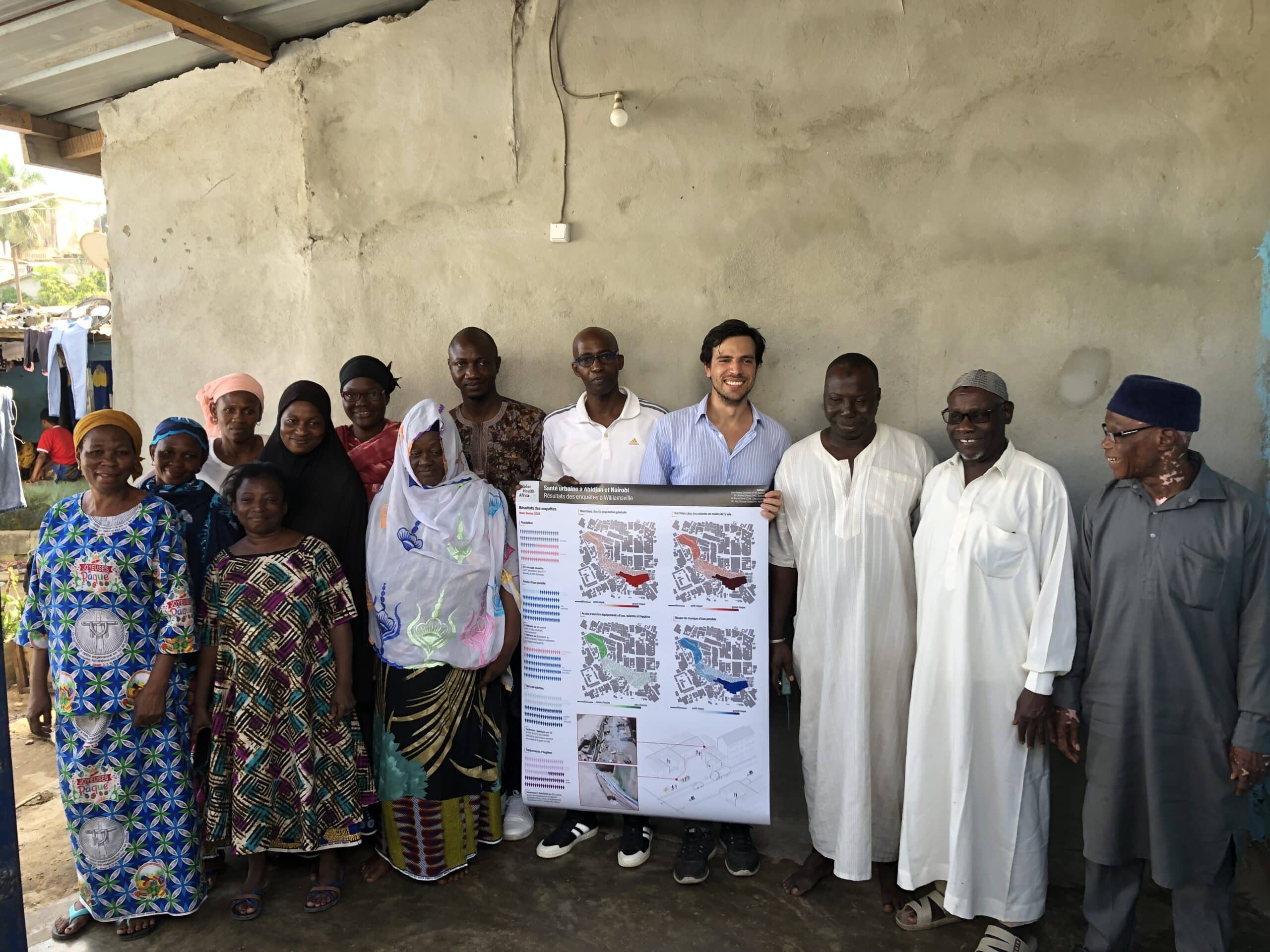Introducing Felix Mwenge
Introducing Felix Mwenge

Tanja Hammel: Felix, could you briefly introduce yourself. What is your disciplinary background?
My name is Felix Mwenge, I hold a bachelor’s degree in Economics from the University of Zambia and a Master of Public Health specializing in Health Economics from the University of Cape Town. I also have an MPhil in Development Policy and Practice from the Nelson Mandela School of Government in South Africa. Besides this interdisciplinary background, I am interested in social policies, and particularly health policies which remain at the bedrock of economic development. Until June 2020 I worked as the head of the Human Development Unit at the Zambia Institute for Policy Analysis and Research (ZIPAR), one of the biggest research and policy think tanks in Zambia and as Country Economist at the International Growth Centre (IGC) earlier. I have also worked for the Clinton Health Access Initiative (CHAI) in Pretoria, South Africa as Health Financing Analyst. Currently I am working as the education officer for the United Nations High Commissioner for Refugees (UNHCR) in Lusaka, Zambia.
Tanja: How have you come into contact with “African Contributions to Global Health”?
I encountered the “African Contributions to Global Health” through Professor Walima Kalusa who established contact with Benjamin Brühwiler and you. I will be collaborating with Doris and Günther Fink in terms of our shared interest in health economics and Doris’ upcoming research stay in Zambia. I will help her establish contacts and train students to conduct interviews for her. But mainly I will be collaborating with Tanja who is equally interested in the history of Zambia’s Tropical Disease for Research Centre (TDRC) to the global fight against malaria. While you and I will be co-authoring one or two journal articles on the topic, I myself am interested in equity considerations of malaria interventions in Zambia. Due to our shared interests we realized that we would greatly benefit from working together on this project.
Tanja: Can you tell us more about malaria research and clinical trials conducted at TDRC Ndola from the 1980s to 2010?
In 1975 when the Special Program for Research and Training in Tropical Diseases (TDR) was created, then president of Zambia, Kenneth Kaunda agreed to convert the two upper floors of the Ndola Central Hospital into the TDRC after the discovery of resistance against chloroquine on the Copperbelt. At the same time TDRCs were created in other parts of the world such as Bangkok and Belém (Brazil). Later in 1979, clinical trials testing the effectiveness of mefloquine in comparison to chloroquine in randomized double-blind trials started. Most of the impact that these had on the patients and their families have not been documented. As far as I understand, you are interested in how knowledge circulated and information was negotiated between Roche, WHO, WRAIR, and the Zambian actors at TDRC Ndola. From my perspective, I want to understand the equity and socio-economic aspects of these interventions and others after them on the Zambian population.
Tanja: You have recently been to TDRC Ndola. What contacts could you establish and what avenues could you determine to pursue?
I visited TDRC in March 2020. I had hoped to return there soon after but due to the COVID-19 outbreak, all activities were postponed. Otherwise, I was excited to see the place where these malaria trials were taking place as well as being able to look at some of the trial reports. During the visit I was able to meet with two of the longest serving members of staff of TDRC including a former director who has since left. Going forward I am determined to build strong relationships with existing staff who were excited to hear this kind of study as they too would love the center’s contribution to the fight against malaria to be recognized globally.
Tanja: Thank you very much Felix for introducing yourself and our joint project. You will be updated on our publication(s) on the activities of the TDRC, including on the emergence of the Center, funding arrangements and the experiences of the patients and staff on this website.






